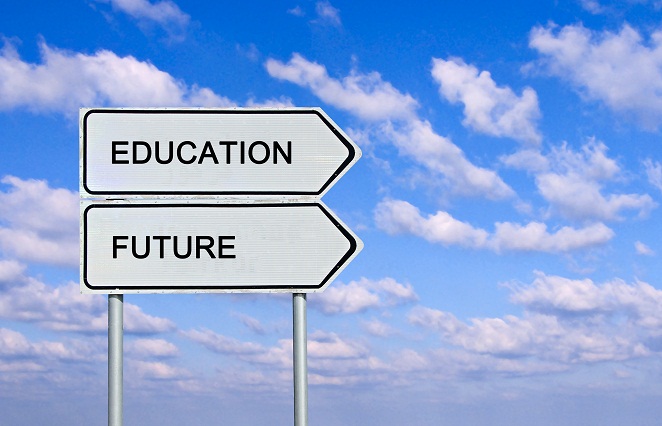
Photo credit: ©Izabela Urbaniak 2016
‘In the summer, the days were long, stretching into each other. Out of school, everything was on pause and yet happening at the same time, this collection of weeks when anything was possible.’ – Sarah Dessen, Along for the Ride
Let’s imagine that you wanted to organise a summer music festival for teenagers from all over Europe. What would be the best time to maximise attendance? The answer is simple. If you consult the Eurydice publication ‘Organisation of school time in Europe’ you will find out that every child attending a public school in Europe is on holiday in the third week of July. What a perfect date!
However, you should also bear in mind that by this time, the Portuguese will be quite relaxed, not only from celebrating victory in the Euro 2016 tournament, but also from having been on holiday for several weeks, and with many more to come before they run out of the 13 weeks at their disposal. The English, on the other hand, will be excited to be on the first of only 6 weeks holiday, while the Danish will already be organising their school bags as they approach the end of their 8 weeks summer break.
Indeed in the length of holidays as in most things, European countries all display little differences. This does not, however, mean that children in countries where there are long holidays receive less schooling. For example, the Eurydice publication ‘Recommended Annual instruction time in Full-time Compulsory Education in Europe 2015/16’ tells us that at lower secondary level, German children receive a total of 907 hours of schooling and have 6 weeks summer break, while in Italy there are 990 hours of schooling per year despite a summer break of 13 weeks. The issue has more to do with the distribution of holidays: some countries have short and frequent breaks, and others have fewer but longer vacations. But is there any educational reasoning behind these differences, and is there an ideal length for school holidays?
Those who argue in favour of short summer holidays point out that most of us do not have long breaks during our adult lives, and believe that this school tradition is inherited from earlier agrarian societies when children needed to help families in the summer harvest. Moreover, research into the relationship between learning and the biological clock, such as that of the French psychologist François Testu, shows that ideally children would have two weeks holiday after every seven weeks of study.
Research findings also seem to endorse the idea that school breaks produce a dip in reading, writing and maths skills. Of course, this should lead us to ask what else children are experiencing and learning during the summer, and if it is enriching and valuable, rather than assuming that children need more of the same. Indeed many argue that long holidays have positive benefits on children. These come from the change of routines, the opportunities of having time at their disposal and the freedom from school rules. They argue that boredom stimulates the capacity of children to be imaginative, and that a stimuli-rich society is reducing our capacity to be creative. Moreover, long holidays give time to families to reunite, and to share time and experiences.
While long holidays may often sound idyllic, this is not everyone’s reality. Working parents are confronted with challenges to keep children safe and occupied, and that brings costs that are not affordable to all. Indeed, maybe the strongest argument against long school holidays is that they may increase inequality. A child from a well-resourced home environment has very different opportunities to a child from a home with poorer social, cultural and economic capital. Some evidence seems to indicate that youth crime increases in the summer, suggesting that boredom and freedom may lead children along difficult paths. In some countries this has led to proposals to reduce summer holidays and reshape the school calendar. However, might it not be over-optimistic to hope that more school will solve problems of wider societal disadvantage?
As in many education debates, there are valid arguments in favour of opposing visions. Yet between the two opposites could there be space to imagine new solutions? Rather than focusing on the length of holidays should we not think more about what schools can actually offer? How diverse, interesting and driven by real-life experience are they? How autonomous and engaged do children become through going to school? Maybe summer holidays are an opportunity for experimenting with innovative ways of using school buildings and exploring new ideas, allowing children to imagine, create and manage their learning environment. Summer holidays could also be an opportunity to connect more with local communities, to work with NGOs, and to undertake projects for which there is no time during the school year. Doing things differently in the summer could lead to doing things better in general. And rather than teenagers looking around for summer festivals, in the future we could see more students producing their own festivals at school.
Authors: ‘Birch Peter and Cordero Hoyo Elena’
